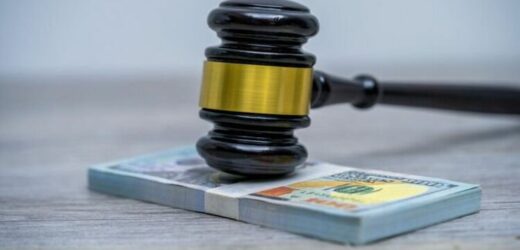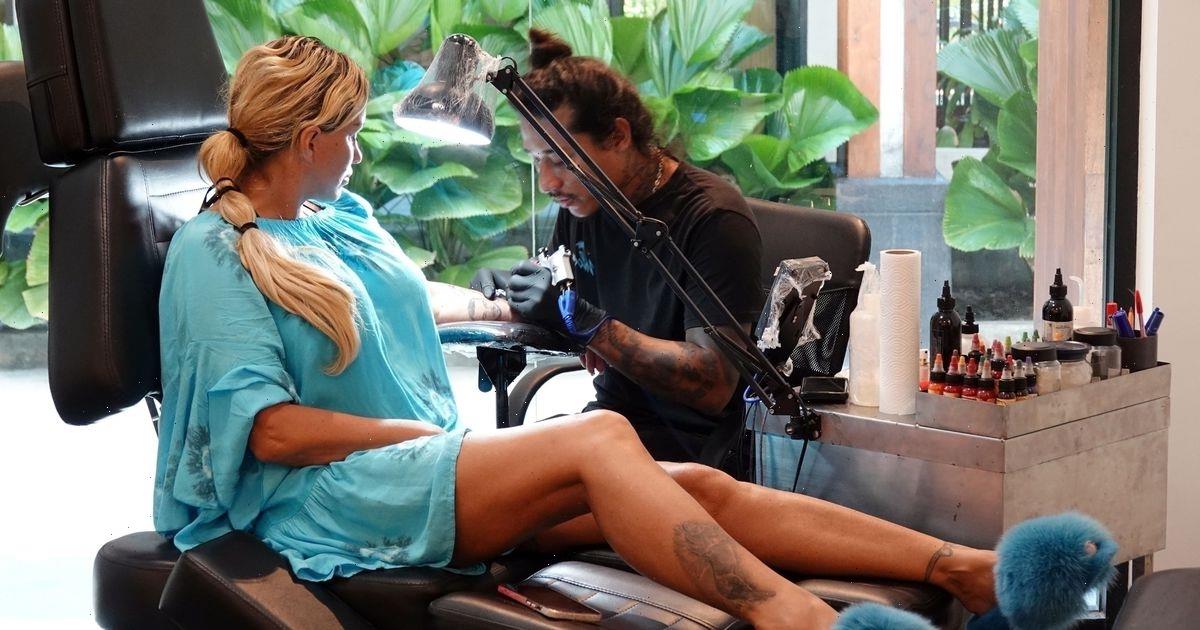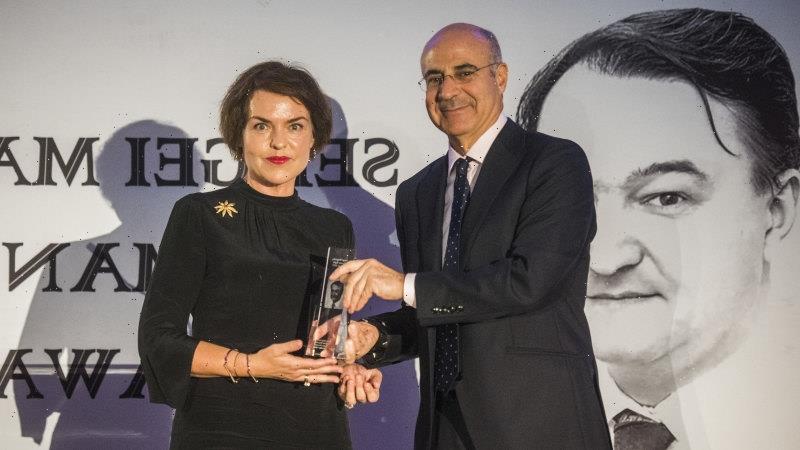Roman Abramovich added to the UK's sanctions list
We use your sign-up to provide content in ways you’ve consented to and to improve our understanding of you. This may include adverts from us and 3rd parties based on our understanding. You can unsubscribe at any time. More info
Russian President Vladimir Putin launched what he described as a “special combat mission” in Ukraine on February 24, which has seen up to 190,000 Russian troops cross Ukraine’s borders, shelling cities and attacking innocent civilians. Leaders around the globe have been stepping up over the past two weeks to condemn the Russian President’s actions, and one deterrence method has been the use of sanctions.
As of Tuesday March 10, the UN verified a total of 516 civilian deaths as a result of Russia’s military attack, and a further 908 people were reported to have suffered casualties. Although, it was specified that the real numbers could be higher.
Prime Minister Boris Johnson told broadcasters that he intends to continue to “tighten the economic vice around the Putin regime” with further sanctions.
He said: “You can expect to see the UK, again, leading in conversations with our friends and partners around the world to make sure that, as Putin doubles down in violence against the Ukrainian people, we in the rest of the world, we who condemn his behaviour, work together to tighten the economic vice around the Putin regime, and that’s what we’re going to do.”


What are sanctions?
Sanctions are penalties applied by one country against another, and usually target commercial or financial areas, to discourage acts of aggression or stop it from breaking international law.
Sanctions are intended to severely impact the economy of the country in question, and can range from travel bans and export restrictions, to trade embargoes and asset seizures.
Economic sanctions are one of the most extreme actions a country can take, just short of engaging in war.

How has Russia been sanctioned?
A number of countries across the EU, UK, US, Canada, as well as South Korea, have slapped Russia with severe sanction packages, plunging Russian currency, the ruble, to an all-time low and making business dealings hard for Russia overall.
Western leaders have targeted Russian banks, freezing assets and limiting access to dollar reserves, as well as banning dealings with them, removing selected Russian banks from international payments system, Swift.
The UK has banned Russian state and major companies from raising finance and borrowing money on UK markets, and a limit has been placed on deposits Russian’s can make at UK banks.
DON’T MISS:
Eurozone trapped between inflation and recession risk [EXPLAINED]
Switzerland stays neutral, REFUSES to sanction Russia [INSIGHT]
UK sanctions against Russia in FULL: Every step Boris has announced [ANALYSIS]

Russian oligarchs with links to Putin have also been penalised with frozen assets and travel bans.
The US has banned all imports of Russian oil and gas, while the UK plans to phase out imports by the end of 2022.
Trade of products such as dual-use items, software and technology, that can be sent to Russia has been curbed and Russian flights have been banned from US, UK, EU and Canadian airspace.
Global brands are also stepping in to sanction Russia.
International companies – including Nike, Apple, Mcdonalds, Ford, Coca-Cola, and Starbucks – have announced a suspension of trade with Russia.
Streaming giant Netflix, along with a number of other key Hollywood players including Disney, Warner Bros., Paramount, Sony, and Universal have also taken action, delaying upcoming film releases and pausing activity.
Russian ruble has fallen by about 30 percent against the US dollar since the sanctions were introduced, and Russia, all in all, is experiencing a severe economic slowdown.
Source: Read Full Article


